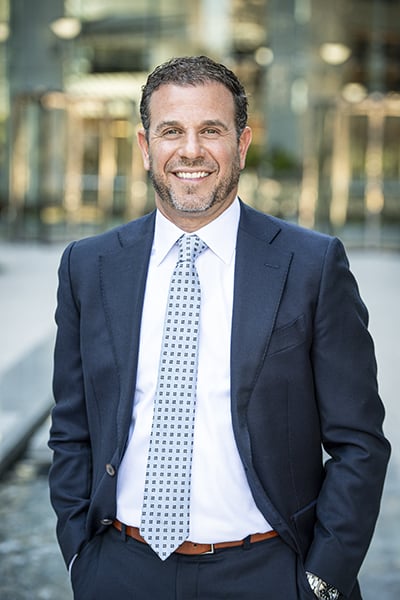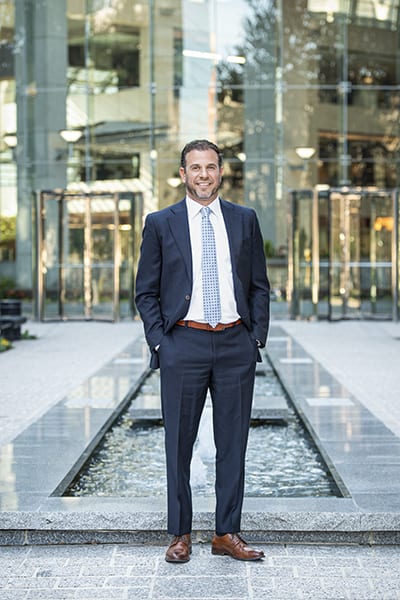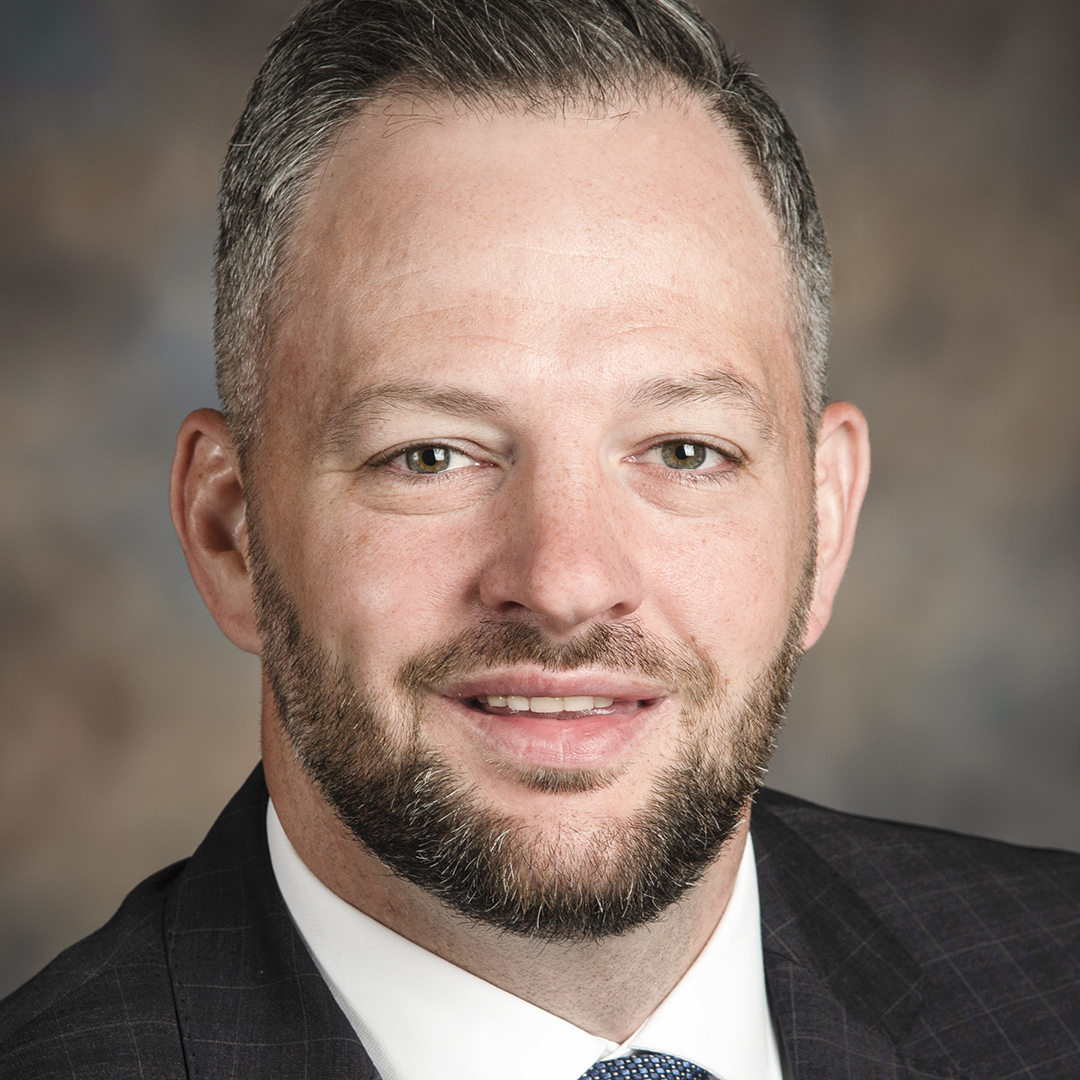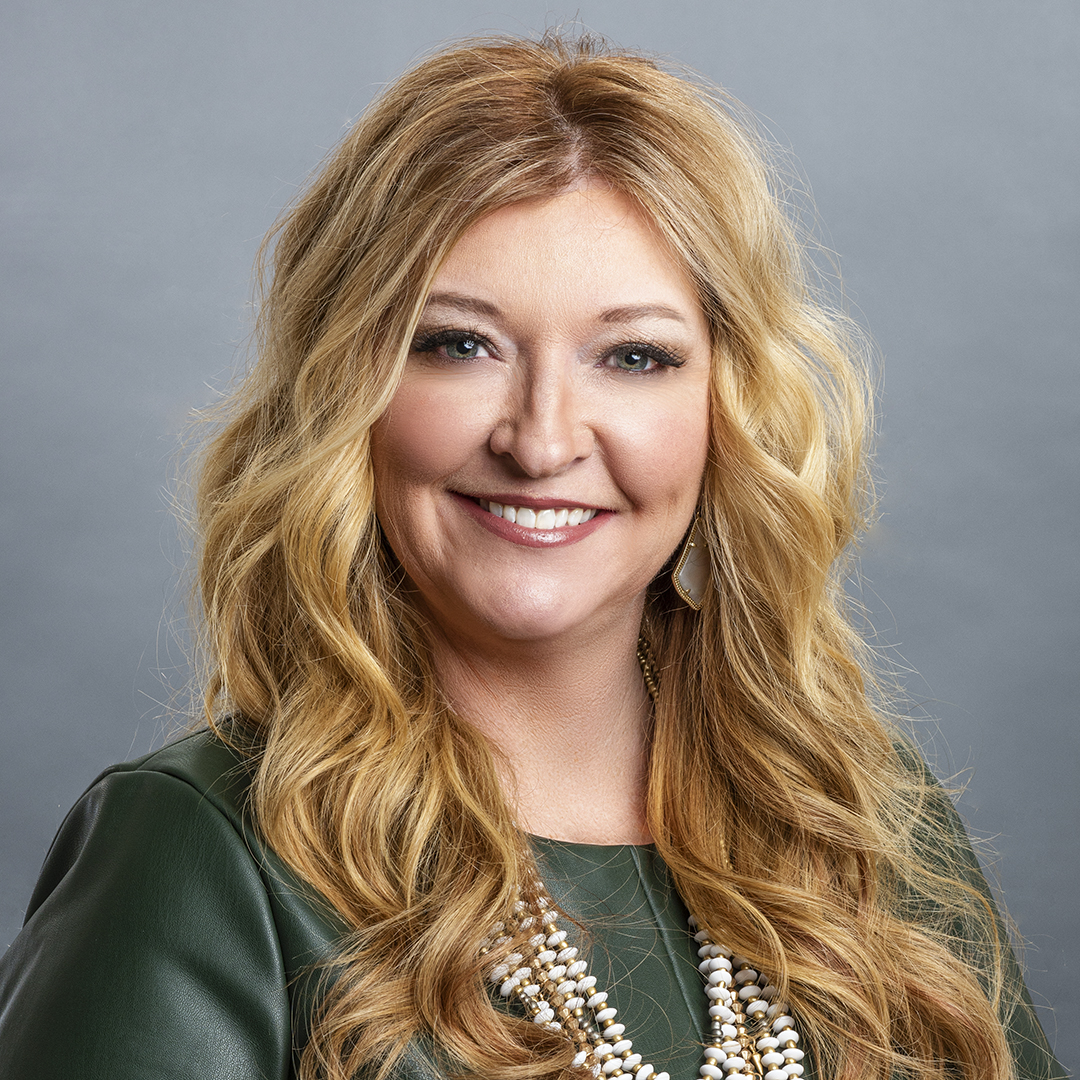Growing up on Long Island, with a dad who was a CFO of a small, privately owned hospital, Daniel Weber learned to fill out HCFA forms and all about billing and reimbursement at a young age.
“My dad had a small billing business affiliated with the hospital,” he explains. “I helped out all the time and learned about revenue cycle work probably by the time I was nine years old.”

Today, Weber serves as vice president and head of revenue cycle management for Addison, Texas-based United Surgical Partners International (USPI), using that early knowledge to help track patient care episodes from registration and appointment scheduling to the final payment of a balance. His job involves all aspects of automation, standardized processes, data, and transparency.
“I’m responsible for the receivables today for several hundred surgery centers and hospitals,” Weber explains. “All cash flow and revenue flows through my team. I operate three CBOs throughout the country with several hundred employees in each, making sure we have steady, predictable cash flow to run the business.”
When he came on board in November 2019, he found opportunity to update USPI’s processes. Weber immediately went to work on adding automation, such as standard-filing format for checking eligibility for the revenue cycle tool, 835 automated cash applications, and propensity to pay tool—to name just a few.
The idea is to make processes faster and more automated, making things run like clockwork and allowing more time to focus on the practice of medicine rather than chasing money.
“I’m holding the payer accountable and sometimes it is hard, but I’m all right with that,” Weber proudly states.
It’s a job that’s not too surprising given his background and drive. Weber studied finance and accounting in college, and saw himself as a future entrepreneur, always asking what people needed and what gaps existed to fill those needs. He then transferred those skills on Wall Street and became an equities trader.
“The biggest problem I saw while I was a trader, was we had an institutional client in New York Hospital that was having a reimbursement issue,” Weber notes. “I played an instrumental part in fixing that.”
“It was trying to fix a problem that was not cyclical—something that is not economically sensitive and something large in scale.”
That’s when his entrepreneurship senses started tingling. He founded WEB ER Inc., a specialized physician management company, focusing primarily on the Manhattan market.
“It was trying to fix a problem that was not cyclical—something that is not economically sensitive and something large in scale,” Weber says. “What I realized along the way is that there is no roadmap for how to do this well, so I decided to pave my own path. I started building revenue cycle teams and putting processes in place and learned how to become an asset to the CFO.”
Within ten years, Weber was working with myriad physicians and practices in the tristate area and saw this as a great opportunity to sell his business. Because he had limitations due to his exit strategy, he pursued an opportunity within the biotech industry at Enzo Life Sciences and provided revenue cycle management for them. From there, he moved on to Caris Life Sciences, Progenity, and then got a call from USPI and saw this as a great opportunity to get back to his original roots working with physicians and hospitals.

Now, Weber partners with USPI’s IT department along with his leadership team to standardize revenue cycle processes and save the business money and time. More so, refining the department with a fine-tooth comb allows USPI to readily extend its mission forward during times of growth. All the while, Weber believes that the impact his team makes in revenue cycle may be behind the scenes, but it shouldn’t be overlooked.
Weber calls the revenue cycle a strange business because most people don’t know much about it, yet he considers it one of the most important part of a healthcare organization.
“I figured that out twenty years ago, and it keeps evolving and getting bigger and better for me,” he shares. “It’s super-important, it adds a lot of value, and anytime you can do it really well in any healthcare organization, you become one of their most valuable people.”
Throughout his career, Weber has always maintained a strong interest in mentoring younger generations and showing them the value of revenue cycle careers—much like his unique early entry into the field.
“I hire smart, recent grads and teach them about rev cycle because they don’t teach this in a meaningful way at universities today,” he explains. “I give people with accounting and finance degrees the opportunity to work for a year in different parts of the rev cycle, teaching them how to do the reporting, the metrics, and how to create transparency in the organization.”
His team at USPI understands Weber’s “secret sauce” for success, while he also brings in these young graduates to work their way up to the top.
“My team has a great dynamic. I’m motivating all of them to do better,” Weber says. “They understand that I have their best interest in heart. I am trying to teach them to be better managers and leaders, versus just doing their job.”


